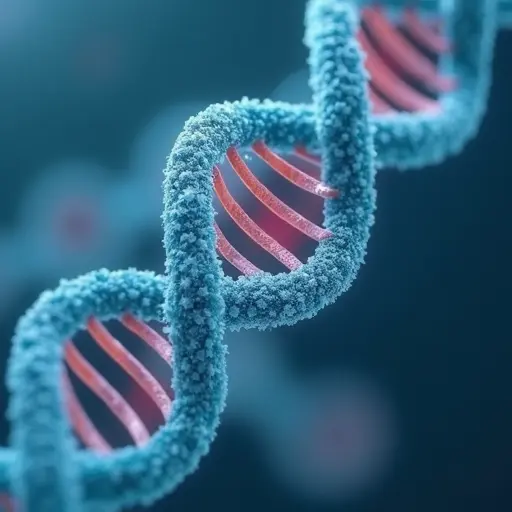
Historic Milestone in Rare Disease Treatment
The U.S. Food and Drug Administration (FDA) has approved the first-ever gene therapy for Tay-Sachs disease, a fatal genetic disorder affecting infants. This landmark decision offers new hope to families facing this devastating condition.
Understanding Tay-Sachs Disease
Tay-Sachs is caused by mutations in the HEXA gene, leading to toxic buildup of GM2 gangliosides in nerve cells. Affected infants lose motor skills around 6 months, become blind and paralyzed, and rarely survive beyond age 5. Previously, treatment focused only on symptom management.
How the Gene Therapy Works
The newly approved therapy, TSG-001, uses modified AAV vectors to deliver functional HEXA genes directly to the brain. Administered via spinal injection, it enables production of the missing hexosaminidase A enzyme. Clinical trials showed 60% of treated infants maintained critical developmental milestones at age 3.
Regulatory Pathway
The FDA granted Breakthrough Therapy and Priority Review designations after phase 3 trials demonstrated significant delays in disease progression. 'This approval represents decades of research coming to fruition,' said Dr. Rebecca Cho of the National Tay-Sachs Association.
Access and Future Implications
Available through specialty treatment centers starting June 2025, the one-time therapy costs approximately $2.8 million. Researchers believe this approach could pave the way for treatments of similar lysosomal storage disorders like Sandhoff disease.

 Nederlands
Nederlands
 English
English
 French
French
 Deutsch
Deutsch
 Espaniol
Espaniol
 Portugese
Portugese









